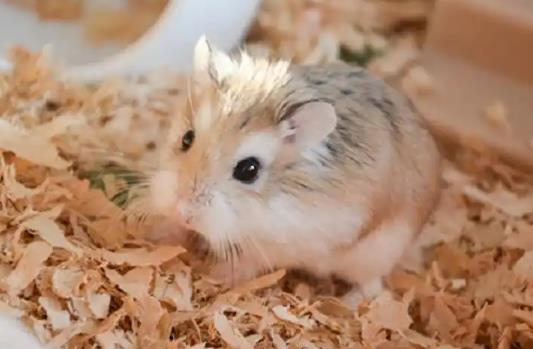The lifespan of Chinese dwarf hamsters usually ranges from 2 to 3 years. Most Chinese dwarf hamsters live for about two and a half years, and a few can live up to three years. The main factors affecting the lifespan of Chinese dwarf hamsters include the breed, genetics, diet, environment, and the way of care.

Factors Affecting Lifespan
Breed: There are significant differences in lifespan among different hamster breeds. For example, Roborovski dwarf hamsters have a relatively long lifespan, which can reach about 3 years. And Syrian hamsters such as the long-haired, short-haired varieties also have a relatively long lifespan, approximately 3 to 3.5 years.
Genetics: Genetic factors have a significant impact on the lifespan of hamsters. Certain genes may make them live longer or be more prone to diseases.
Diet: A reasonable diet arrangement has an important influence on the lifespan of hamsters. Providing appropriate amounts of protein, fat, and calcium, avoiding using sunflower seeds as the main food, controlling the moisture content of fresh vegetables, and limiting the intake of dried mealworms are all helpful for prolonging the lifespan of hamsters.
Environment: Providing a comfortable living environment, regularly cleaning the cage, and maintaining appropriate temperature and humidity are conducive to the health and longevity of hamsters.
Methods to Prolong Lifespan
Select low-dust bedding: Avoid using bedding with excessive dust to reduce the risk of respiratory diseases.
Use a ball water dispenser: Using an automatic water dispenser can prevent the water from being contaminated and keep the drinking water clean.
Safe running wheel: Choose a sturdy running wheel that won't catch the hamster's feet to ensure the hamster can exercise safely.
Reasonable diet combination: Provide a balanced diet, control the intake of high-fat foods like sunflower seeds, and increase the intake of fresh vegetables as well as appropriate amounts of protein, fat, and calcium.
Regularly check the health condition: Regularly observe the hamster's mental state, appetite, and fecal condition, and detect and treat diseases in a timely manner.
